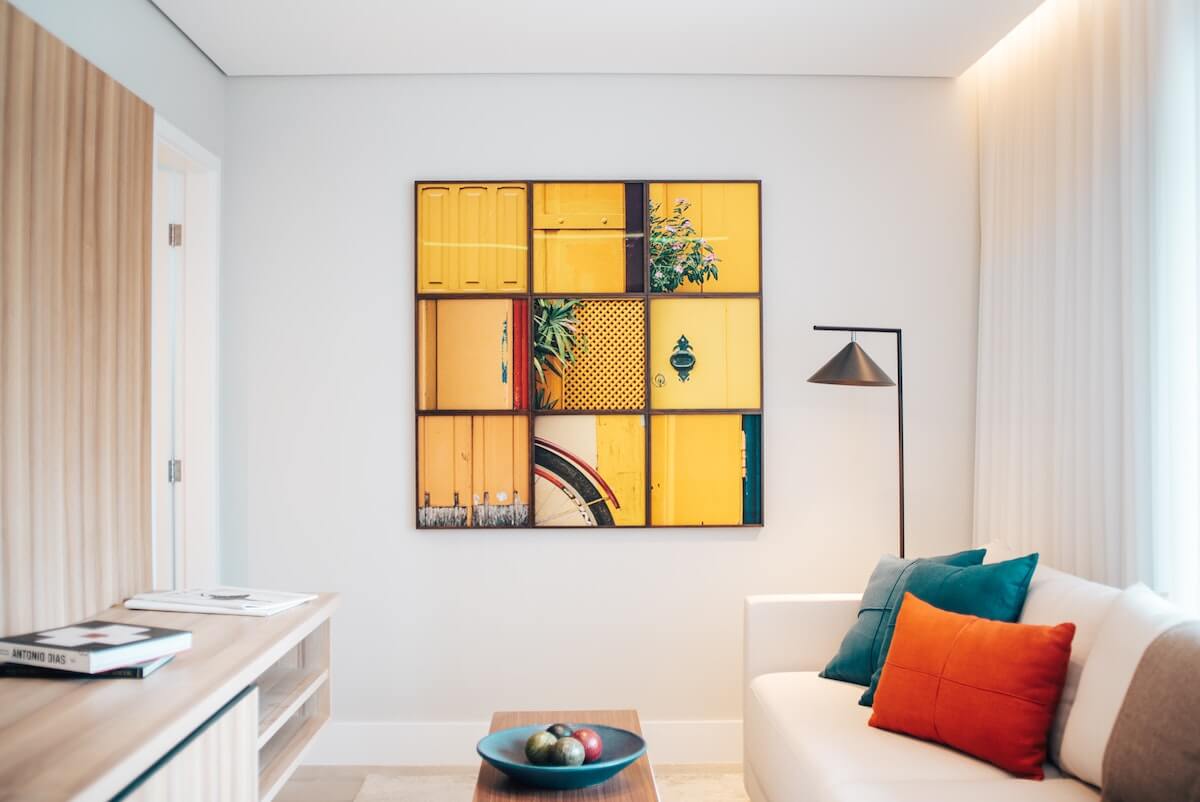
The interplay of natural lights in an interior space creates mood, enhances materials, and energizes a place. It is indeed a design element like no other.
Indoor places with beautiful plays of light create an alluring ambiance and ensues a lively feeling to its occupants. This correlation of positivity and natural light has been a fascination for both the architecture and the scientific field. Evidence of this undeniable connection is seen in case studies of places on hospice, work, education, and even our humble abode love the natural lighting.
How natural lighting keeps us healthy?
We’ve provided a list of major reasons how daylight can affect our health:
But why does natural light keep us healthy? Aside from helping us to get healthy doses of Vitamin D, natural light syncs on our Circadian rhythm, our built-in body clock. Designing workplaces, for instance, require natural light and ventilation to seep through the workspaces. Without the glare and unwanted heat, a properly designed work area with the consideration of natural lighting creates a lively and inspiring space for employees.
Natural light is one design consideration when preventing the negative effects of Sick Building Syndrome. SBS is where workers experience headaches and respiratory problems, which are contributed by poor ventilation and working conditions. Though SBS mainly focuses on natural ventilation, studies show that natural lighting can help in preventing Sick Building Syndrome in buildings.
There is a reason why kitchens are best oriented on the east and west directions. For most places, the east area is the perfect spot for your breakfast nook as well as the kitchen area because you get the healthy sunlight while keeping it cool during the afternoon sun. Kitchens can also be placed along the west side, where it is the hottest spot during the afternoon, provided that you have a longer roof overhang to prevent glare and heat build-up.
When kitchens are oriented on the hottest areas, it prevents mold and mildew build-up. Bathrooms and other damp spaces should also have ample daylighting as it serves as it kills bacteria and fungi naturally.
Like other benefits of sunlight, science backs up how the natural light improves our mood and kicks off the so-called winter blues. According to an Australian study, serotonin (known as happy chemicals) levels are higher during sunny days compared to cloudy ones. Serotonin not only stabilizes your mood, but it also helps to heal wounds, stimulate nausea, and maintain bone health.
The brain dedicates more space to our visual senses compared to all other senses combined. As our visual perception signals our memory and decisions, it also affects our emotions that can affect our state of wellbeing.
Light can bring out the rich color and texture of materials better than artificial lights. With visually stimulating views, we feel relaxed and optimistic, which can greatly improve our overall wellbeing.
Probably the most obvious benefit of sunlight is that it provides energy and warmth to our bodies. Not only on its physical form, but natural light can also bring a sense of warmness or coziness in an interior. Understandably a room with light seeping through windows is more inviting and creates a sense of liveliness than a dark room.
For many years we simulate natural light in our architectural elements such as white painted walls and ceilings or luminaires with different color tones. We also allow natural light through our windows, skylights, light tubes, and clerestories to reach the nooks and corners of our interior spaces. Indeed, natural light has a great impact on our daily lives, and we continue to plan, assemble, and create spaces that can capture the benefits of the free but depleting energy source.